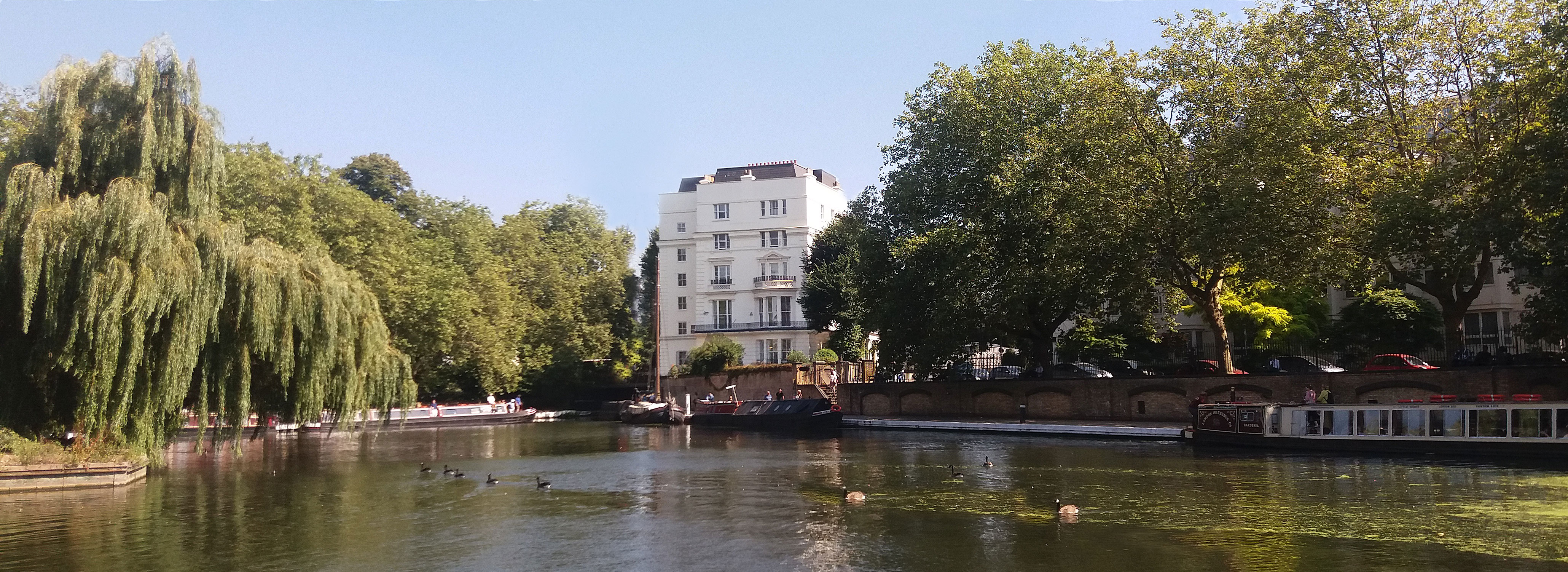The CCPE operates a psychotherapy clinic which is open Monday to Thursday from 9am to 10pm and on Friday from 9am to 8pm.
Clinical services are available for couple, child, adolescent, family, group and individual psychotherapy.
A staff of 100 practising psychotherapists see approximately 50% of the clients, while the students in training see the remainder at reduced rates.
CCPE is offering assessments for psychotherapy to the public.
We welcome you to the beginning of the process of an assessment for psychotherapy. Our assessing therapists will aim to help you find support for your concerns. Please read the following information which aims to help you understand the assessment and referral process, including Terms and Conditions.
The Clinic - Adults 18+
Anyone wishing to book an appointment with a qualified transpersonal psychotherapist should email info@ccpe.org.uk or call 020 7266 3006 and request an assessment for therapy. You will then be referred to one of our assessors who will make an appointment with you to speak by video link or in person at CCPE in Little Venice. The assessor will aim to refer you to a qualified psychotherapist who will make the necessary arrangements to hold weekly psychotherapy sessions with you. Assessments are currently at a cost of £60 and weekly sessions can be expected to cost £70 and upwards; you will be able to discuss what you can afford with the assessor.
The Low-Cost Clinic - Adults 18+
Should you wish to be assessed to potentially see a student counsellor/psychotherapist please email info@ccpe.org.uk. The assessment process is the same as the Clinic, but the low-cost assessment is £30 and weekly sessions are charged on a sliding scale, ranging from £35 upwards.
For the CCPE Clinic and low-cost Clinic all therapy sessions are held once a week for 50 minutes and payment is usually required at the time of the session to the therapist directly.
Children, adolescents and parents or carers needing support
CCPE offers psychotherapy for children and young people from 4 up to 18 years and for parents or carers needing support. If you wish to book an assessment please email info@ccpe.org.uk with your name and phone number, requesting a call back. The initial assessment will be with a fully qualified UKCP registered child psychotherapist and takes place in person at CCPE with the child/young person and their parent(s) or carer(s) and costs £60.
Fees for subsequent individual psychotherapy sessions start from £55 upwards, depending on the level of experience of the UKCP registered child psychotherapist. You will be able to discuss with your assessor what you can afford
For those in financial need, CCPE offers low-cost counselling and psychotherapy for children and young people through the charity FreshSteps. Sessions will be with a trainee on the CCPE master's child psychotherapy training and fees are from £35-50. You will be able to discuss with your assessor what you can afford. Therapy will take place in person at CCPE and trainees are fully supervised.
Can you benefit from psychotherapy?
Psychotherapy can be of great value to those who:
- Are willing to look at themselves
- Take some responsibility for what is going on in their life
- Are prepared to consider things from different perspectives
Terms and Conditions
Psychotherapy is not advisable as a stand alone treatment for those who are in the midst of a psychotic episode, or suffering from any serious mental health issues which may require psychiatric treatment or hospitalisation. We do not offer psychedelic-assisted therapy or provide specialised referrals such as specific PTSD or CPTSD therapy.
The Clinic and the low-cost Clinic does not provide a home visit therapy service, however some of our psychotherapists may be able to work via an online platform if you are unable to travel to CCPE in Little Venice.
If for any reason the assessing psychotherapist feels that CCPE is not the right place to help you, they will aim to offer alternative suggestions. In that case, the fee for the assessment cannot be refunded as it is paying for the time and professional services of the assessor.
Once therapy has started, should you have any concerns about the therapy please speak to your therapist. Your therapeutic contract is between you and your psychotherapist.
Your feedback is important to us. Should you wish to discuss any aspect of the service you have received please email info@ccpe.org.uk
What is psychotherapy?
Psychotherapy can be seen as the 'passage from woundedness to hope'. The word psychotherapy literally means to 'nurse' the soul and is derived from the ancient Greeks and their interest in human nature and the psyche.
A psychotherapist and a client meet in a private and confidential setting to explore whatever it is that has brought the client to therapy. It may be that the client is very clear about what problems they are experiencing, but not clear about how to approach them. Or it may be that they need help to discover what is causing their sense of not being well of not feeling 'right'. Underlying issues may emerge though the process of exploration.
Clients bring a wide range of experiences and present with issues such as depression, anxiety, excessive stress, poor self image, relationship difficulties, destructive behaviour, addiction, issues of abuse, bereavement and loss, adverse childhood experiences. There may be feelings of dissatisfaction or lack of fulfilment, or a loss of direction or sense of purpose in life.
In the therapy sessions, the client has a safe space in which to consider their life and what they are struggling with and explore their thoughts and feelings in a way that is rarely possible with friends, partners or family. By listening attentively and patiently, the therapist can begin to perceive the difficulties from the client's point of view and to help them to see things more clearly and fully, often from a different angle.
The therapist is not there to judge or to give advice, but to accompany and reflect with the client in order to facilitate deeper awareness and, perhaps, bring relief. Individual therapists have different ways of doing this and work in a variety of ways but at CCPE they will be guided by the client in a person centred way. Therapeutic techniques involve talking, reflecting, mirroring, and can involve relaxation practices, role playing, visualization, etc. A technique is not used with the client unless they understand its use and are willing to try it out. Techniques are chosen by the therapist to suit the clients temperament and worldview.
The relationship between therapist and client is itself important. The client’s experience of being in a trusted relationship where they are accepted and respected is part of the therapy. (This is why the initial 'assessment' appointment is important - so that the client's needs can be identified and matched with a therapist as far as possible.)
Through this process, the client is able, over time, to come to know themselves better and develop their capacity to make better choices for themselves. Psychotherapy may bring about change in a person or their life or help with the further understanding and acceptance of the ways things are. It may create a clarity that was not there before. It may open up new possibilities of help to heal emotional wounds. Client autonomy is always important - the therapist is there to support the client in making their own choices and decisions in life.
It takes courage to go to psychotherapy and to stick with it even when it feels painful and difficult. But the rewards can be great and it is true of psychotherapy as it is with many things that the more you put into it, the more will get out of it.
Psychotherapy can be effective in both the short term (6-12 sessions), medium (6-12 months), and long term (1 to 3 years or longer). The length of the therapy will depend on what the client wishes to address and develop in their life. The length of therapy is usually reviewed as part of the process.

